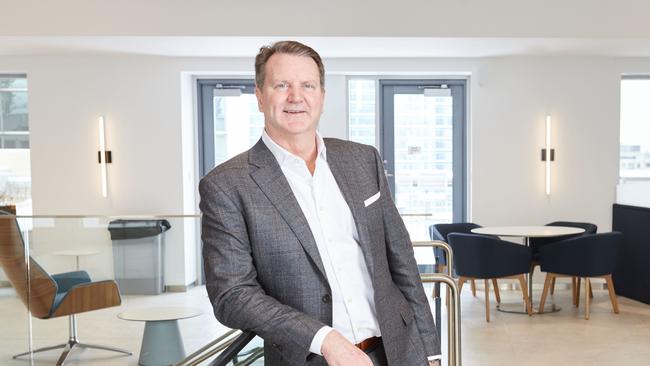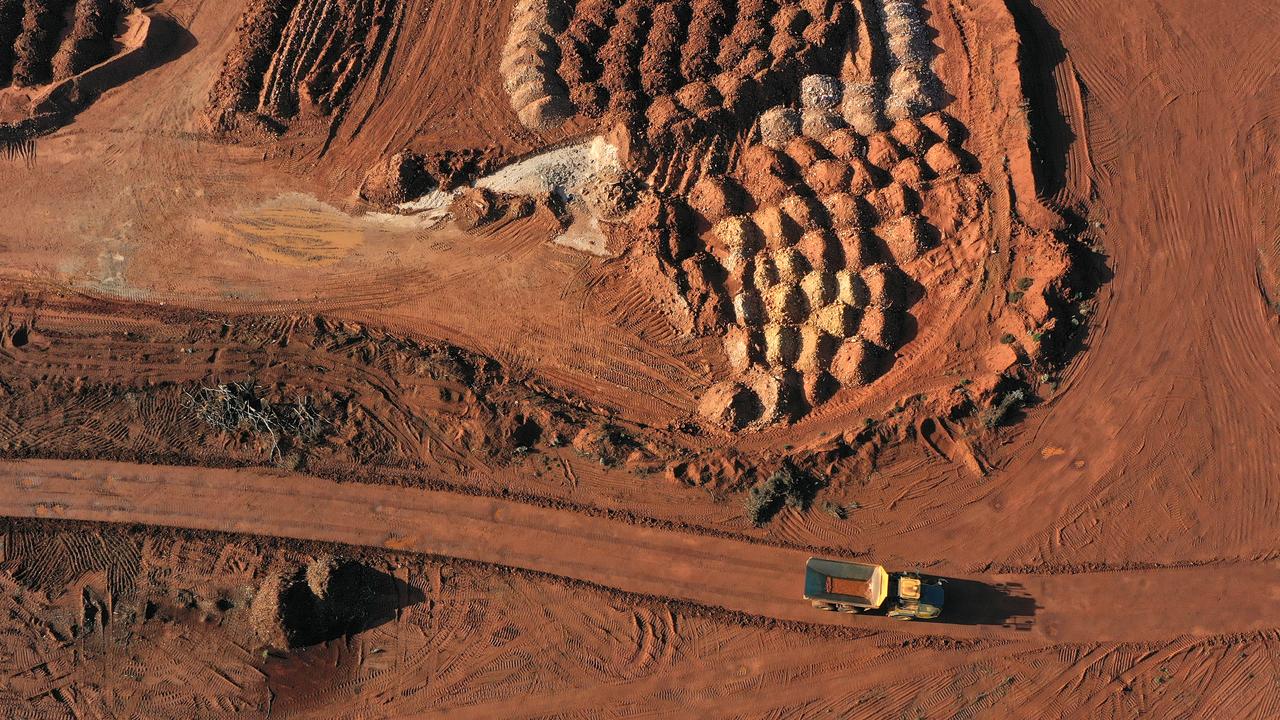CBDs will recover, but slowly: Unispace
The CBD is not dead but it could take years for the world’s business centres to recover to pre-COVID-19 days.

The CBD is not dead but it could take years for the world’s business centres to recover to pre-COVID-19 days, according to Steven Quick, the new global CEO of workspace specialist Unispace.
Mr Quick, who is based in the US, told The Australian on Monday that the CBDs of cities like New York and Chicago are “ghost towns to a large degree” with few workers prepared to take the chance with commuting into the office, despite employers being keen to have them back.
The good news is that companies are beginning to adapt their office space to a new hybrid work model that Unispace estimates will see 40 per cent of workers stay home three days a week from next January.
Mr Quick is a departure for the company that was founded a decade ago in Sydney: he is the first externally appointed CEO and brings experience from the real estate and occupancy management sectors at a time when companies are either reducing or remodelling their space as the future of the office tower comes under intense pressure.
He is a former CEO of global occupier services at Cushman & Wakefield and previously executive managing director at CBRE.
Mr Quick said despite the present reluctance to re-enter the CBDs, people would eventually return to the office, albeit with different work paradigms, because of the psychological and work benefits.
“These will drive people back together at the right time, once people feel safe,” he said. “I don’t think we can be hermits forever.”
Companies would reduce their real estate footprint on average but this would take a couple of years to “wash out” because while an individual company might reduce space, GDP growth would create a demand for real estate. “These things work against each other,” he said.
Companies were now looking at reconfiguring space to allow more collaboration and socialisation while anticipating that “heads-down” work such as processing and emailing would be done remotely, he said.
“Over the past couple of decades there has been this discussion about the combination of real estate and technology and HR practices coming together to drive changes to the workplace,” he said. “It was an ongoing evolution.”
But managers and HR departments had often been uncomfortable about allowing staff to work from home because they were worried about productivity or tech security. COVID-19 left them no choice but to move to remote working and the pandemic had compressed a decade of change into six months or a year, he said.
“I think the tech and the HR practices were in some way a limiting factor to workplace flexibility and COVID has helped knock down those barriers,” he said.




To join the conversation, please log in. Don't have an account? Register
Join the conversation, you are commenting as Logout